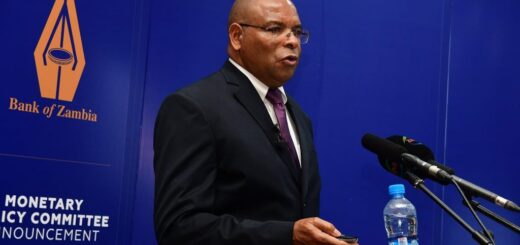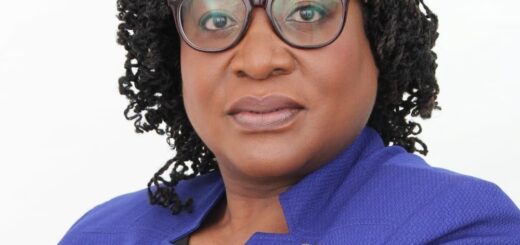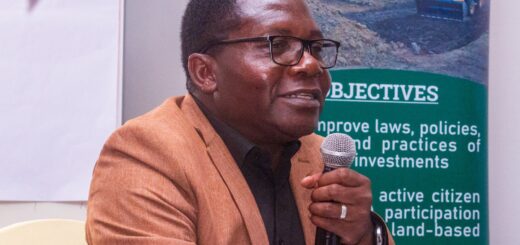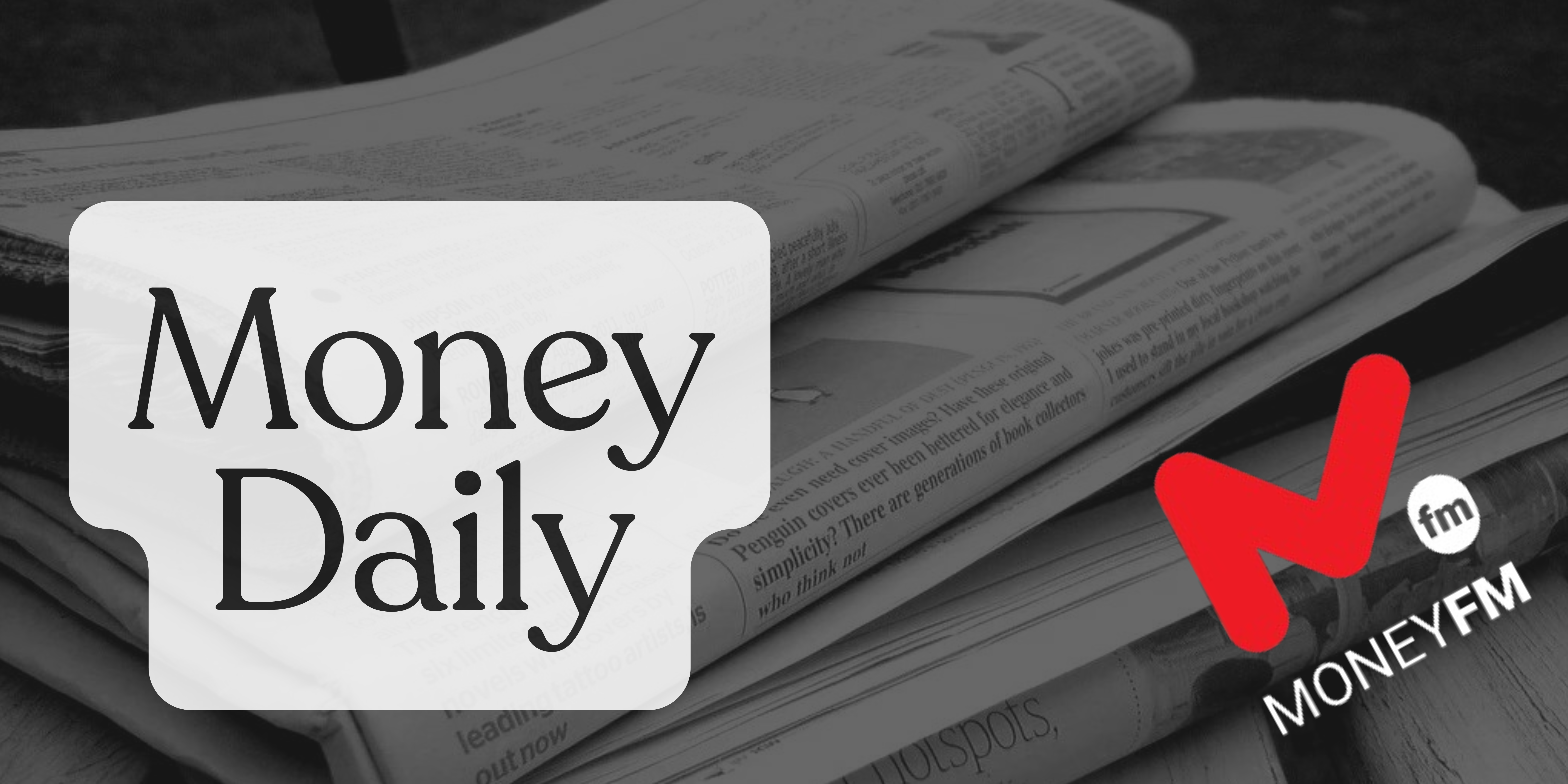ZESCO’s Proposed Emergency Tariffs Aimed At Raising $15 Million Monthly
ZESCO Limited says its application for emergency electricity tariff adjustment is aimed at raising revenue amounting to US$15 million monthly for importation of additional 300 megawatts of power.
In his presentation during the second Public hearing organized by Energy Regulation Board (ERB) in Lusaka, ZESCO Head – Business Development, Fitzpatrick Kapepe reveals that the Corporation is importing 550 Megawatts from South Africa at a cost of US$59 million, 188 megawatts from Mozambique at US$19 million per month, 50 megawatts from Southern Africa Power Pool (SAPP) at US$5 million and 12.1 megawatts from small in-land diesel generators at US$6.4 million as well as operational costs at US$1.6 million.

Mr. Kapepe explains that should the utility raise US$94 million per month, that is US$15 million from domestic customers and the balance from other sources, the expected benefits include a reduction in the power deficit from the current 1, 300 megawatts to 512 megawatts, and reduce power rationing by providing consumers with 7 hours of predictible supply daily.
He further explains that the objective of ZESCO’S proposal is to cushion the impact of rising commodity prices in the country by reducing tariffs for residential consumption up to 200 kilowatt hour as well as small and medium enterprises (SME) consumption of up to 100 kilowatt hour and maintain the current tariff structure for water pumping stations for water utilities to support the provision of clean and sanitation during the crisis period.
Mr. Kapepe further says for commerical customers consuming above 500 kilowatt hour, ZESCO’s proposed tariff adjustment will result in a reduction on their bill between 1 to 15 percent, to provide relief to SMEs in view of high cost of doing business due to inconsistent power supply.
And Energy Regulation Board (ERB) Chairperson James Banda has assured that all the submissions from various stakeholders regarding ZESCO’s application will be put into consideration when coming up with the decision that will be made publicly on Thursday, 10th October, 2024.
Mr. Banda notes that the Board is considering ZESCO’s second application as it falls within the provisions of the Electricity Act in handling emergencies such as the current energy crisis, with the deficit standing at 1,300 megawatts.
He notes that in the last application, ZESCO indicates a need to raise funds for electricity imports meant to reduce the deficit.
Mr. Banda further says the decision to hold the public hearing demonstrates the importance that the Board places on transparency and stakeholder engagements.
ERB held the first Public Hearing in Kitwe on Saturday 5th October 2024, where submissions were made by various stakeholders and members of the public.








